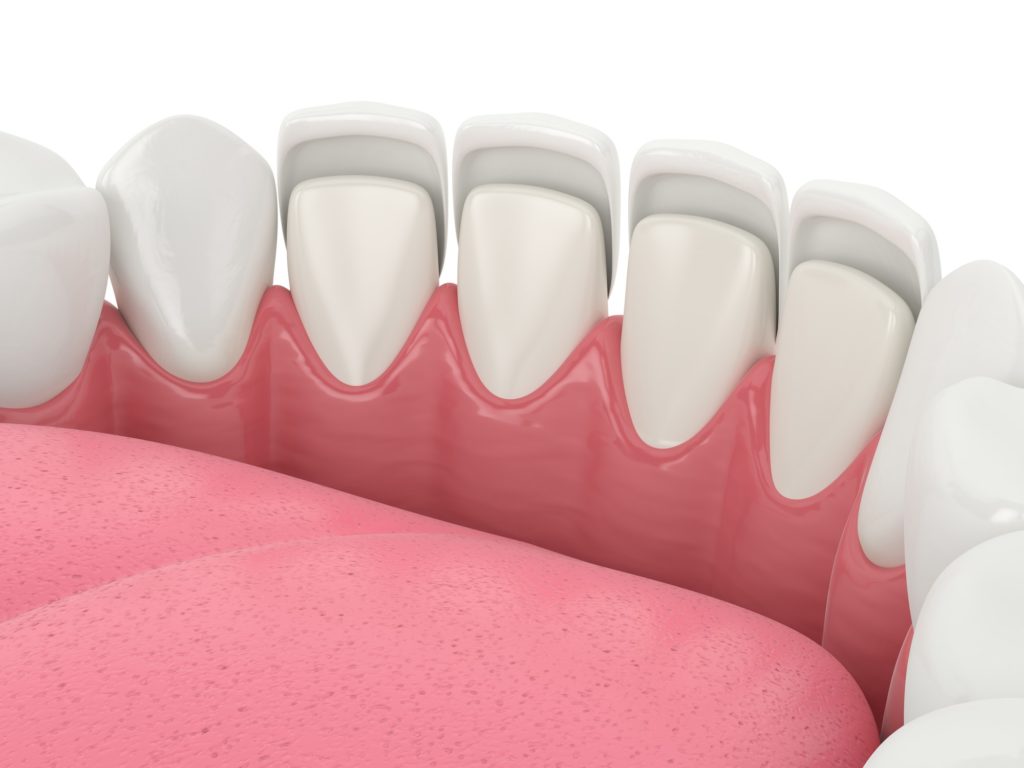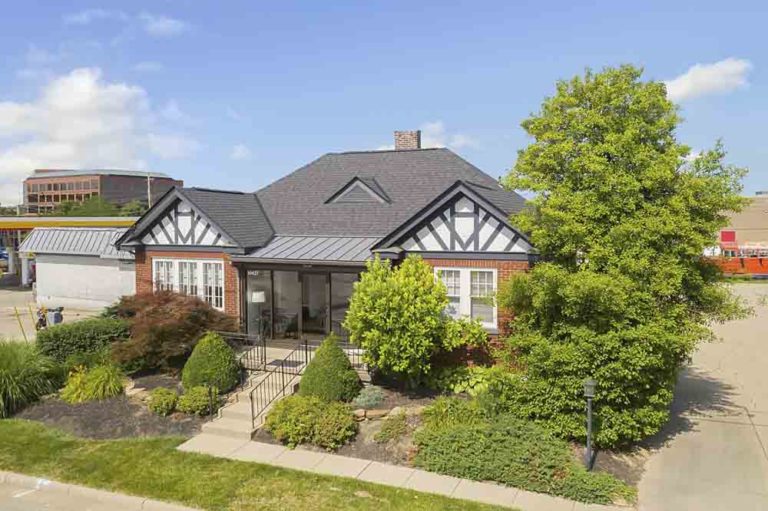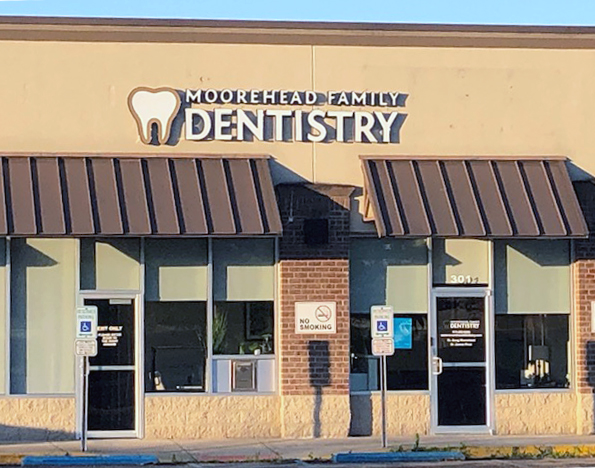Dental Veneers
Dental veneers provide an excellent solution if you are looking to enhance your smile. They are a popular cosmetic treatment because of their overall effectiveness and ease of use.
Dental Veneers
Dental veneers are great if you’re experiencing crowding problems, chipped teeth, worn down teeth, or have areas of stained teeth. Veneers are thin shells that are placed on the front surface of the teeth to enhance their appearance—they will hide any noticeable flaws and help the teeth appear straight and even.
The shade of veneers can be adjusted to your tooth color, and they are applied with minimal discomfort. Dental veneers are strong and durable and will last for many years before they require replacement or repairs.
Every set of dental veneers is custom-designed based on your needs—so you get the results you want. This means we will make two appointments with you, the first to take impressions of your teeth and the second to apply and adjust the veneers to your teeth.

-
How do dental veneers work?
Dental veneers are incredibly thin shells that are applied on the front surfaces of a person’s teeth. Depending on the style of veneers, the teeth may be prepped first by removing a small amount of enamel. Once installed, the veneers can cover noticeable flaws to make adjustments to alignment. They can also adjust the thickness of the teeth to improve spacing.
They are very easy to apply, requiring preparation of the teeth and then securing in place with a strong dental adhesive.
-
What is the difference between porcelain veneers and composite veneers?
The two main types of dental veneers are: porcelain veneers and composite veneers. Both are good options to help you improve your smile.
Composite veneers are manufactured in-office, using tooth-colored resin, and applied directly to the teeth. They are typically less expensive and quicker to apply than porcelain veneers, and they work well to cover up many aesthetic problems.
Porcelain veneers are custom-made, out of porcelain, to fit your teeth. These are typically made in a laboratory and sent to our office. We will apply them and ensure they fit your teeth as they should. Porcelain veneers generally last longer because of the stronger material, provide a more natural look, and can fix larger cosmetic issues such as very dark stained teeth or teeth positioned incorrectly.
-
How much do dental veneers cost?
Veneers typically are not covered by insurance since they are considered a cosmetic procedure. However, costs can range depending on your dentist. As an average, traditional dental veneers range from $925 to $2,500 per tooth and no-prep dental veneers cost around $800 to $2000 per tooth.
-
Veneers vs. crowns—what’s the difference?
Dental veneers and dental crowns are both used for cosmetic purposes—to resolve chips, stains, discoloration, or crooked teeth. The main difference between the two is that dental crowns cover the entire tooth surface where veneers only cover the front portion of the tooth. Crowns (2 mm) are much thicker than veneers (1 mm) and the price for each is similar. Crowns provide additional support to damaged teeth where veneers do not. However, veneers are a much less invasive procedure and require less removal of the original tooth structure.
Veneers and crowns are both a great solution for patients looking to get a white, straight smile that looks and feels natural. If you’re interested, but unsure which option is right for you, contact our office today to schedule a consultation.
Your Comfort is Our Priority
We offer a variety of dental services to detect, diagnose, and treat dental issues while keeping your comfort a priority at all times. Learn more about our services or make an appointment with us today.



